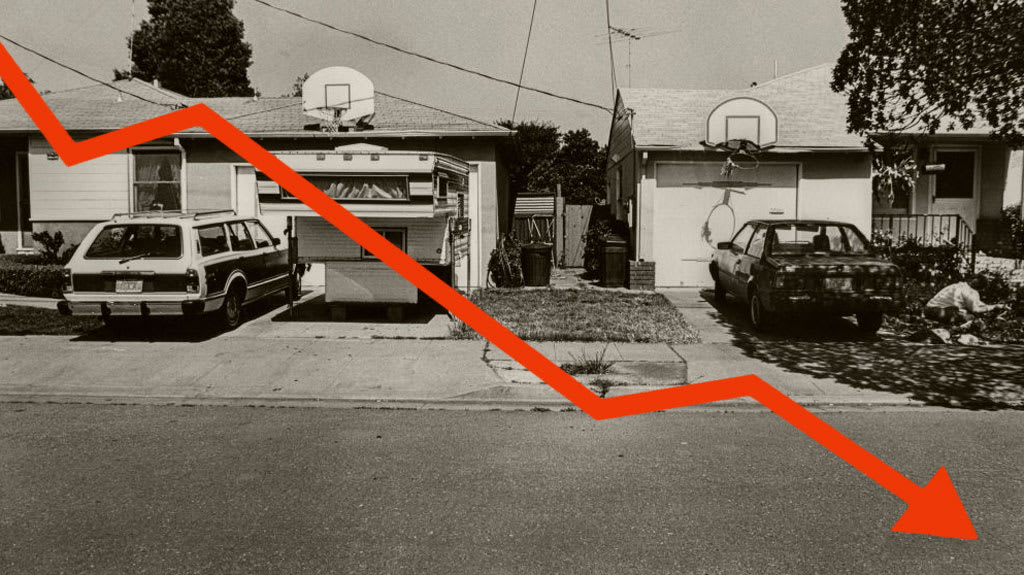Why you should deposit $1,000 into a CD now
With inflation still humming in the background, interest rates that are higher than they've been in decades and an unemployment rate that just ticked up, many Americans may feel dismayed by their economic options. With the cost of borrowing high and the potential for homeownership out of reach for many, there don't seem to be many silver linings.
That said, there has been some welcome news for savers, largely due to the elevated interest rates they can earn on their money. While the average interest rate for a regular savings account is just 0.43%, savers can earn many times that amount by opening a certificate of deposit (CD) or high-yield savings account now — or both.
With so few favorable financial opportunities to pursue today, a CD, in particular, arguably makes the most sense. In fact, there are multiple reasons why you may want to deposit $1,000 into a CD right now.
Get started by exploring CD rates here to see how much more interest you could be earning.
Why you should deposit $1,000 into a CD now
Here are three reasons why you should strongly consider depositing $1,000 into a CD now.
Higher interest rates
Do the math. By leaving your money in a regular savings account you're losing money. With a $1,000 deposit made into a regular savings account, you'll have grown your bottom line by just $4.30 over the course of one year. But by putting that same amount into a CD with an interest rate of 5.5% you'll have boosted your bottom line to $1,055 — a 95% difference between earnings. And the more you deposit, the more you'll earn, so if you can, consider putting in more than that $1,000 to truly reap the benefits of today's higher rates.
When opening a CD, however, be sure to shop around to find lenders with high rates and no or minimal fees. This will ensure that your account can grow to its full potential. That may require the use of an online bank, but it will be well worth it if the alternative is the few dollars you'll make by leaving it in a regular account with a local branch.
Protection against economic uncertainty
There aren't many sure bets anymore, particularly now. But a CD is one of them.
That's because the interest rate you open a CD with will be the same one it grows at throughout the CD's entire term. This is particularly advantageous today, when the forecast for additional rate hikes is unclear. By depositing $1,000 into a CD now, you'll be locked in at that elevated rate, regardless of what happens during the term.
For example, if you open a 12-month CD at a 5.25% interest rate today — and rates on those CDs drop to 4.5% mid-way through your term — you'll still earn the higher rate until it expires. Compared to high-yield savings accounts, which have a variable interest rate, this makes CDs particularly attractive as a protection against today's economic uncertainty.
It's a safe investment
Almost every investment comes with inherent risk. But CDs are safe, literally. They're FDIC-insured up to $250,000 per account, per bank. So you won't have to worry about any potential bank failures. And even if you can't secure the very highest interest rate, you won't lose any money, you'll just earn interest at a slightly lower rate.
Finally, if you're worried that you may need the funds early and are concerned about paying a penalty — don't. There are multiple penalty-free options available, too (although they tend to earn less interest than their counterparts).
Review your CD options now and start earning more money.
The bottom line
With interest rates as high as they currently are, it makes sense to put them to work for you. One of the best ways you can do that is by opening a CD account now. By depositing just $1,000 today, you can earn significantly more on your money.
But higher interest rates aren't the only selling point. With a CD, your money will be protected against any larger negative economic activity that otherwise would have affected your interest-earning capability. And CDs are safe — they're FDIC-insured, and the penalties they come with can act as a deterrent, safeguarding against any impulse purchases you otherwise may have made.




